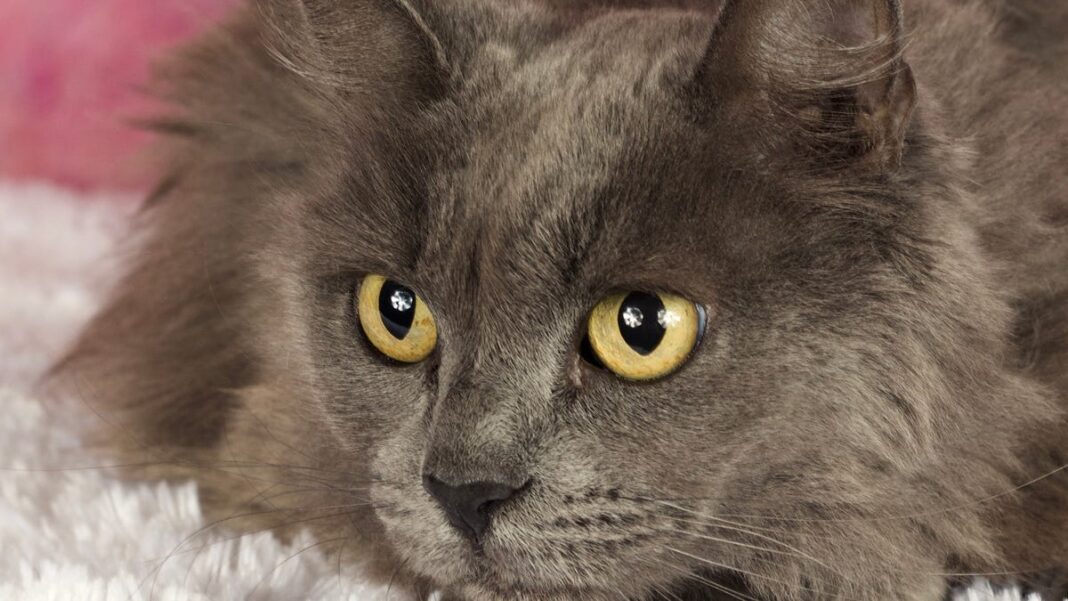Can cats have cheese? Understanding your pet’s dietary needs
Cats drinking milk is a well-known image, but is it actually accurate? While some cats do like milk, many cannot tolerate it at all, as they may be lactose intolerant.
For cats that can’t digest lactose, what does that imply for their intake of other dairy items?
Can cats consume cheese?
Yes, according to Hill’s Pet Nutrition, cheese is safe for cats to eat, but it should only be offered in small amounts.
If you wish to treat your cat to a small piece of cheese occasionally or use cheese to disguise their medication, that is acceptable.
However, it is essential not to overindulge your cat with human food, as it could lead to negative health effects.
Is cheese harmful to cats?
Cheese is not naturally beneficial for cats. In fact, it can upset their stomach or cause other digestive problems.
Cats are considered “obligate carnivores,” which means their diet must mainly consist of meat to remain healthy, according to Purina. They lack the necessary enzymes to properly digest milk and dairy products, making cheese a less-than-ideal treat.
Some cats are lactose intolerant or have allergies to dairy, as noted by Hill’s Pet Nutrition. For these cats, even a tiny amount of cheese can lead to complications, such as:
- Vomiting
- Diarrhea
- Gas
- Itchy or red skin
- Hair loss
If your cat experiences any of these symptoms, it’s crucial to consult a veterinarian.
Additionally, cheese is high in fat and calories, which can contribute to weight gain, according to Chewy.

